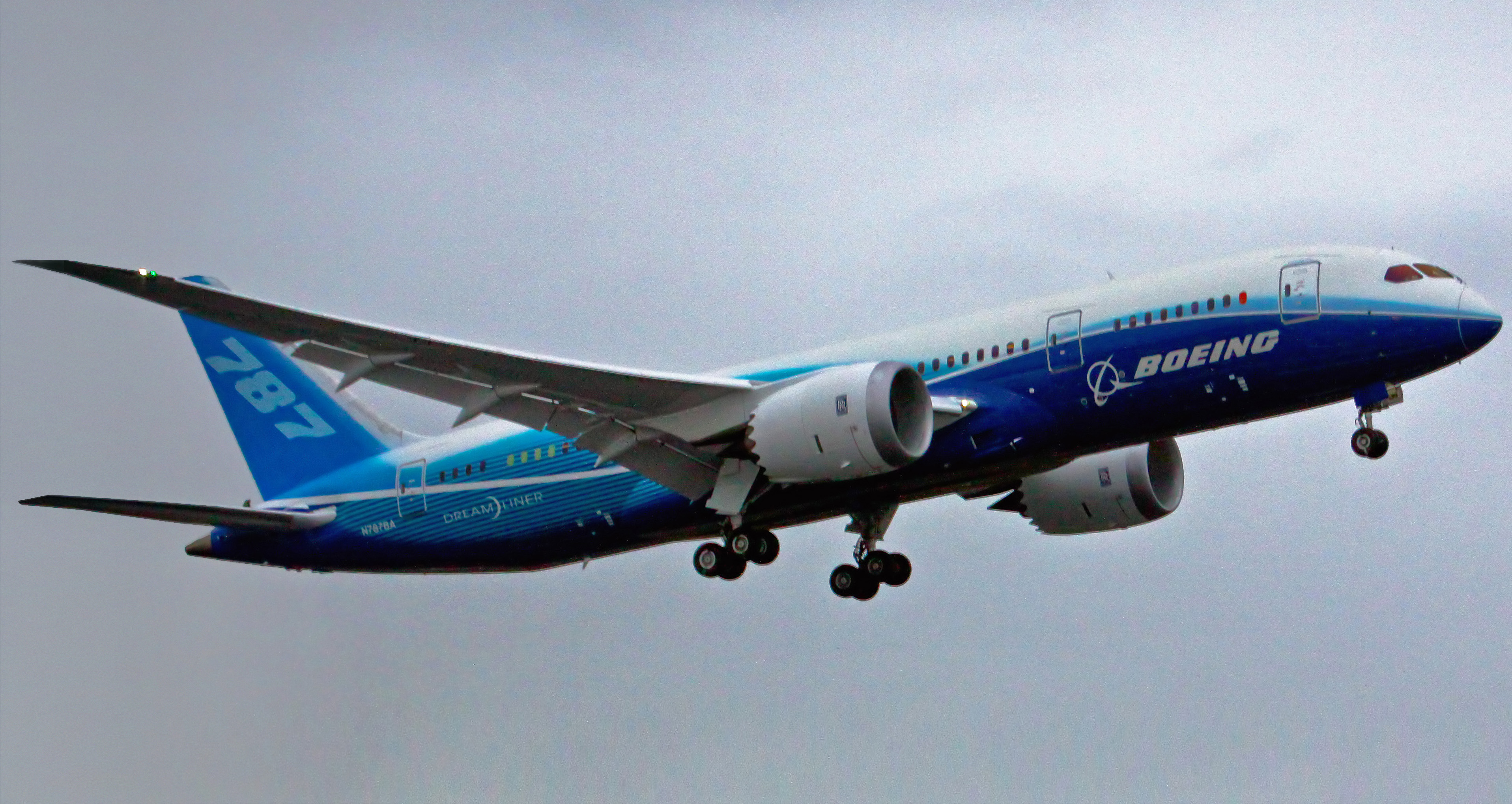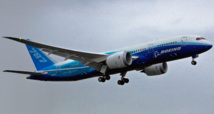Before opening of the Singapore Airshow, one of the two largest players in the market - The Boeing Company - presented its forecast of the market development in the SEA region. According to a perhaps the most knowledgeable in these issues person, a senior Boeing vice president of sales in the countries of Southeast Asia and India Dinesh Keskar, the region will need 3,750 airplanes worth $ 550 billion during the next 20 years. Given characteristics of the market, approximately 76% of the orders will fall on single-aisle aircraft such as Boeing 737 or Airbus A320. Great demand is projected by development of regional low-cost airlines and increasing demand in fast-growing markets such as Indonesia, Vietnam, and Burma (Myanmar). As for all the planes, the region will take 14 550 of them, i.e. more than a third from 39,050 aircraft required by the world market.
However, procurement practice has been undergoing certain changes, according to Mr. Keskar. Large one-off contracts, when a company just bought 100 aircraft, are giving way to smaller orders - 35-40 aircraft - or even leasing.
"Airlines are getting smarter. People have understood, at least in our case, that if you want to make a big order, then you have to make a large deposit. But why do you make a deposit for a plane, which you get only in 2030? "- said Mr. Keskar at a press conference in Singapore. According to him, airlines increasingly tend to SLB scheme (the sale agreement and then leasing).
"One do not need to plan for such a long time. If you need 737 MAX in 2018, I can give it to you, because there are some leasing companies that have already bought such airplanes", - explained Mr. Keskar.
As for financial condition of the Asian airlines, then, according to Mr. Keskar, they feel good. If anything, no Boeing client contacted him with a request to postpone delivery or payment. "Quite the contrary. They all want to get their planes quickly. We ourselves have problems with supplies. There is wating list for more than 5 thousand aircraft, and we cannot speed up the delivery. "
According to Boeing’s data, passenger traffic in Asia grew by more than 9% over the past five years. In the next 20 years, passenger traffic in the region will grow by 7.7%.
In turn, IATA CEO Tony Tyler a little earlier warned that over-ambitious plans of several major Asian carriers are risking suffering from growing competition in the market, relatively low profitability of operations and problems in the financial markets.
source: fortune.com
However, procurement practice has been undergoing certain changes, according to Mr. Keskar. Large one-off contracts, when a company just bought 100 aircraft, are giving way to smaller orders - 35-40 aircraft - or even leasing.
"Airlines are getting smarter. People have understood, at least in our case, that if you want to make a big order, then you have to make a large deposit. But why do you make a deposit for a plane, which you get only in 2030? "- said Mr. Keskar at a press conference in Singapore. According to him, airlines increasingly tend to SLB scheme (the sale agreement and then leasing).
"One do not need to plan for such a long time. If you need 737 MAX in 2018, I can give it to you, because there are some leasing companies that have already bought such airplanes", - explained Mr. Keskar.
As for financial condition of the Asian airlines, then, according to Mr. Keskar, they feel good. If anything, no Boeing client contacted him with a request to postpone delivery or payment. "Quite the contrary. They all want to get their planes quickly. We ourselves have problems with supplies. There is wating list for more than 5 thousand aircraft, and we cannot speed up the delivery. "
According to Boeing’s data, passenger traffic in Asia grew by more than 9% over the past five years. In the next 20 years, passenger traffic in the region will grow by 7.7%.
In turn, IATA CEO Tony Tyler a little earlier warned that over-ambitious plans of several major Asian carriers are risking suffering from growing competition in the market, relatively low profitability of operations and problems in the financial markets.
source: fortune.com



















